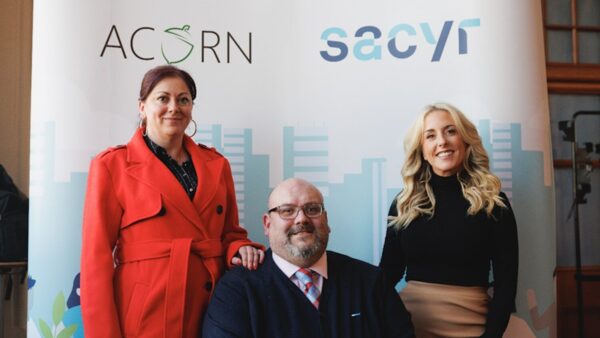
Wishful thinking that a project will finish on time is no substitute for a good strategy and effective communication, says Dave Stitt.
In January 1996, I’d just been promoted to contracts manager and the biggest project in my brief was the refurbishment of military barracks in the North of England.
It was one of the biggest building jobs ever undertaken by the civil engineering contractor I worked for, and it was my first refurb. The barracks were being prepared for 600 troops due to return from Cyprus for Easter. Site reports suggested the job was something like eight weeks behind.
My client, Tony, was a seasoned project sponsor and had seen many of these projects. He kept asking if we’d be ready in time. My answer had been a consistent “yes”.
To me, this was the truth. I had a lot to prove. It was the biggest test of my career to date and there was no way I was going to fail. I’d given the client my assurance. It was personal.
In my mind, we just needed everyone, including subcontractors, to step up a bit and coordinate better and things should work out. “Do me a favour, Dave,” Tony said. “Go have a look at the site and then get back to me.”
“My options were to deny and conceal the facts to save face and protect our position today (and to hell with tomorrow), or tell the truth and aim for the best outcome possible under the circumstances.”
I went to the site and saw that the job was definitely eight weeks behind. We’d been late placing some orders, the weather had been rotten, Tony’s people had introduced late changes, and the camp had shut down once or twice at short notice owing to security provisions.
Tony was waiting. I needed a strategy, both for salvaging the contract in the medium term, and for my next conversation with him in the coming 24 hours.
‘Guiding policy’
In his book, Good Strategy, Bad Strategy, Richard Rumelt says most blue chip companies around the world are bad at strategy. They’re good at making bold plans to lunge ahead, but neglect honest, clear-eyed assessments of the challenges they face.
That describes me perfectly in January 1996. Sift through my ‘strategy’ and you’d be hard-pressed to find much besides wishful thinking dressed up as rooky determination.
Rumelt says a good strategy needs a coherent plan informed by both an honest diagnosis of the situation and by a “guiding policy”, meaning the overarching principles you and your company live by.
Back then I didn’t know about Rumelt, but I did have a coach. I had explained it all to her and said again that I was absolutely determined to deliver. She invited me to “surrender to it”, meaning accept the present reality, take responsibility for it, and act on it.
That really got me thinking. My options were to deny and conceal the facts to save face and protect our position today (and to hell with tomorrow), or tell the truth and aim for the best outcome possible under the circumstances.
It didn’t take me long to decide. Construction is a small world and I valued my reputation.
The day after, I went to see Tony and told him we were not going to be ready in time but that I had some ideas I’d like to discuss. “Dave, that’s the smartest thing you’ve ever said to me, now let’s work out what we are going to do together,” he said.
Dave Stitt FCIOB is an executive team coach for the construction industry. His course, ‘Coach for Results’, is now running at the CIOB Academy and his book of the same title is out now. https://www.ciobacademy.org/course/coach-for-results/
Comments
Comments are closed.










What’s interesting is that whatever was being reported on the project progress was wrong. There is nothing like visiting site and looking at the project programme, delivery projections and just talking to site operatives, in order to ascertain the likelihood of finishing on time.
Always nice to have an honest account – a refreshing change.